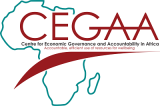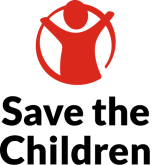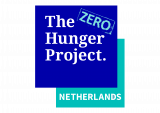Right2Grow partners will make use of N4G as a key advocacy opportunity towards national governments, donors, multilateral institutions and INGOs

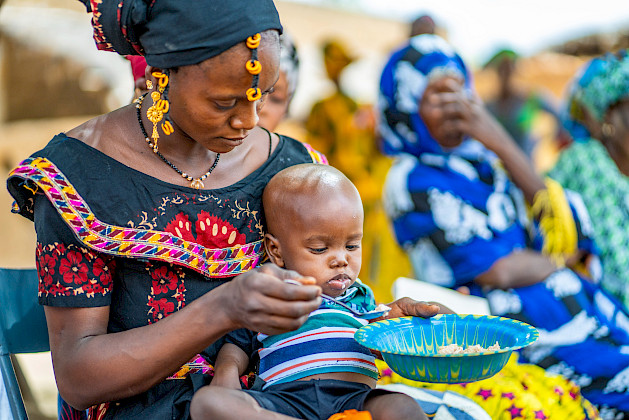
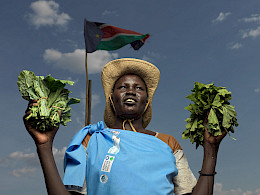

By strengthening civil society, we believe that local communities can get to zero under- nutrition and zero people without access to basic WASH.
Undernutrition is too often addressed in silos, while underlying causes of poor nutritional status are complex and interdependent. Access to water, sanitation and hygiene, food, agricultural practices, gender norms and household dynamics all determine undernutrition. But solutions hardly ever tackle all causes.
There is often no information available on the costing, expenditure, access, and quality of government services. In decision-making, communities are often side-lined, with voices of marginalised community members (such as women) hardly heard. No-one is held accountable for insufficient progress.
Civil society organizations often focus on service provision rather than capacitating communities to articulate their needs and advocating for their rights. Communities therefore remain unaware of their rights to nutrition and WASH related services.
In lobby and advocacy the knowledge and evidence of local realities is lacking. This results in financial commitments and policies that don't meet the needs of the most vulnerable. They are disconnected from international dialogues.
Getting to zero undernutrition and zero people without access to basic WASH services requires a people-centred and community-led approach, with stronger emphasis on the most vulnerable and difficult to reach. Right2Grow believes that sustainable progress can only be achieved by working with local communities, especially women and other marginalised groups.
Learn more about us

